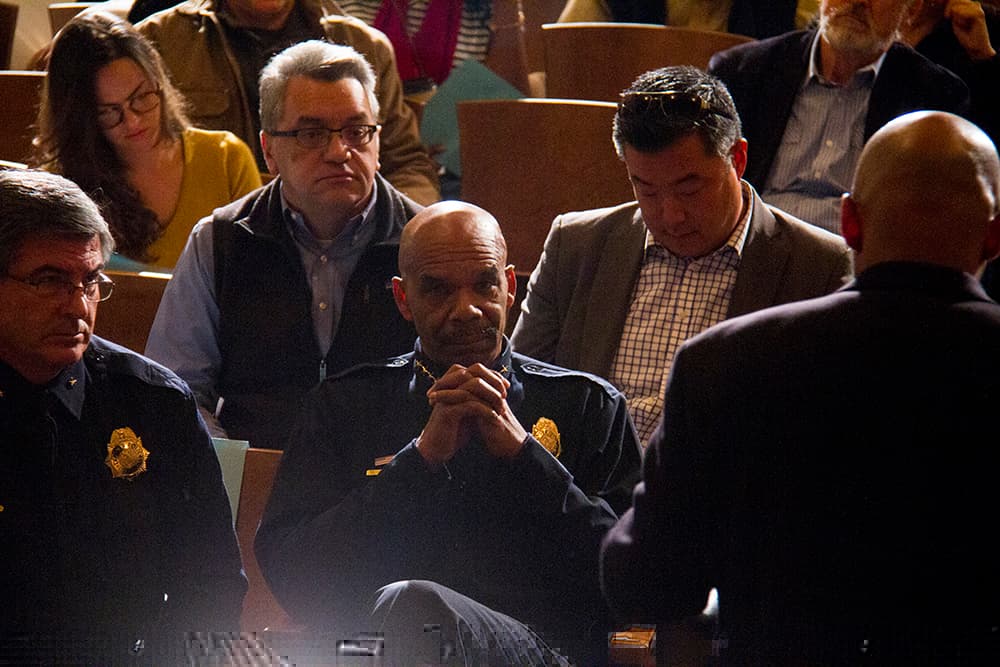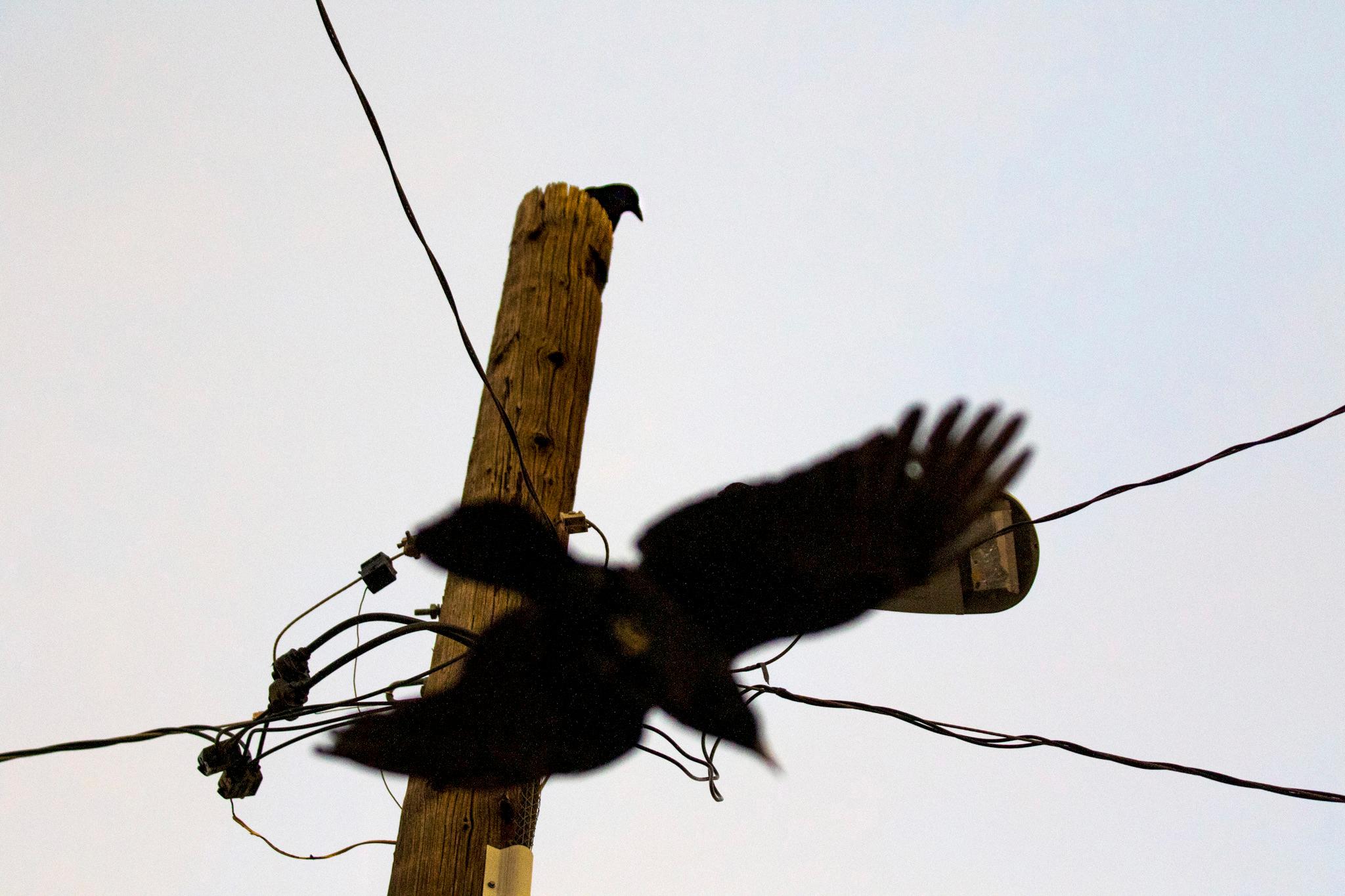Denver's draft use-of-force policy lauds the value of human life but fails to address key issues, from exactly what information will be released after a shooting to whether it's OK to use force on someone who is yelling and verbally defiant but not yet violent, Denver Independent Monitor Nicholas Mitchell said.
"By including principles of de-escalation and force avoidance, the draft policy makes admirable statements about the DPD’s philosophies associated with the use of force. Yet, there are also significant deficiencies in the draft policy that need to be addressed before it is finalized," Mitchell said.
Most critically, according to Mitchell, the policy was developed without community input -- and the opportunities to comment on the policy are too limited to either develop the best policy or build trust between the community and law enforcement.
Mitchell made his comments in a letter to Denver Police Chief Robert White released Wednesday. You can read the whole thing here. (It's not too long.) The Office of the Independent Monitor is the civilian agency appointed to oversee Denver law enforcement.
The lack of outside input has been the source of ongoing concern from community activists, and chief doesn't appear inclined to change his mind. In a statement to the Denver Post, the department said the chief was taking all the input into consideration, but he did not appear open to starting a new, more inclusive process.
“Chief White values the input from the community and the independent monitor, and is planning to carry out his stated plan for seeking recommendations through community forums and e-mail submissions. Once all the feedback and ideas are received, Chief White will take them under serious consideration and continue working towards a policy that produces the best and safest possible outcomes for both residents and officers," the statement read.
The good:
Mitchell said the guiding principles behind the use-of-force policy emphasize "force avoidance and de-escalation."
"It also recognizes the inherent value of human life, and the right of the public to be free from the use of inappropriate force," he continued.
"The Draft Policy further acknowledges that officers may permissibly use force when their safety or the safety of others is threatened, which is also critically important. The addition of a duty to intervene for officers who witness any use of inappropriate force is also a notable improvement. These are all important concepts that align with national best practices for use of force policies."
The draft policy also:
- Prohibits shooting into moving vehicles without the exceptions built into the previous policy.
- Prohibits using force to prevent someone from swallowing contraband.
The bad:
There are a lot of ways that officers do or could use force that aren't addressed in the policy, Mitchell said.
For example, the draft policy:
- Discourages officers from pistol-whipping people but doesn't prohibit it.
- Doesn't prohibit the use of force on suspects who are verbally confrontational but not physically violent.
- Doesn't prohibit the use of force to punish or as a form of retaliation,
- Doesn't address the use of Tasers and special considerations that should be made for certain groups of people, like pregnant women, the elderly and those who are already handcuffed.
- Doesn't clearly explain how use of force should be reported and investigated.
The vague:
There are a lot of important terms that are left undefined in the policy, Mitchell said. Terms like “force,” “use of force,” “de-escalation,” “inappropriate force,” “chemical agents,” “environmental factors,” “impact tool,” “dangerous animal,” “tactical options,” “less lethal munitions” and “turtling."
Perhaps most significantly, officers are told to use only force that is "reasonable and necessary," but the policy does not define reasonable or necessary.
Mitchell said these deficiencies can be fixed, but it requires taking a few steps back in the process and convening a task force similar to the one that wrote the new use-of-force policy for the Denver Sheriff's Department.
"I recommend that the DPD convene a working group of rank-and-file officers, community members, subject matter experts, and the OIM and COB to troubleshoot the issues identified above, and any others that may be raised," Mitchell wrote.
"The Denver Sheriff Department recently completed such a process through a robust partnership between command staff, rank-and-file deputies, community members, the OIM, and other subject matter experts.
"Such a collaborative process for the DPD would not only enhance the perceived legitimacy of the resulting policy, it would also result in a clearer document that adheres to national standards more closely than does the Draft Policy. Most importantly, I believe it would also help to enhance trust in the DPD, and thus improve the safety of officers and the public in the future."













